Brian J. Gaines is a professor at the Institute of Government and Public Affairs and in the Department of Political Science at the University of Illinois.
The Senate race in Illinois features a battle between Mark Kirk, the Republican incumbent, and Democrat Tammy Duckworth, the US Representative from the eighth Congressional district.
What are the three most important issues on the campaign trail in your state?
Trade/jobs, Refugees/immigration/security, debt/spending
How have the candidates handled these issues and which candidate has been the strongest?
Duckworth has emphasized “unfair trade deals” (prominently the TPP) as a top priority. In this regard, she often sounds indistinguishable from Donald Trump. Her framing is that Mark Kirk’s free-trade votes have cost the state jobs and that protectionism would help blue-collar, manufacturing workers. Kirk has not backed away from trade promotion, but his discussion of job creation is extremely multi-faceted (and thus hard for an inattentive voter to follow). The issue may be a wash, as she peels away some Trump voters from Kirk and keeps Sandersnistas (Bernie Sanders supporters from the Democratic presidential primary) in her column, while he attracts a few business-oriented Democrats.
Kirk’s side has hammered Duckworth with a sound bite in which she proposes a large increase in the number of Syrian refugees admitted to the U.S., framing the issue as one of security (from stealthy terrorists). Duckworth’s campaign strangely claims not to have an audio recording of the event at which she made the proposal. In that regard, she seems have been caught off guard, but it is tricky to paint her into a corner on security given her personal history as a wounded veteran. Kirk has probably gained just slightly on this front.
Both candidates have tried to paint themselves as debt hawks, but Kirk’s credentials as a fiscal conservative are clearer. Duckworth boasts of having a record of frugality, but she has also committed support to many expensive policy proposals.
Who are the key interest and demographic groups in your state that have the power to influence the outcome of the election?
Democrats have a natural advantage in the normal vote that has steadily grown over the past 20 years. The black share of the population is flat, so the gains have mainly been due to more Spanish-speaking voters and an ever bluer population of under-40 whites. Unions normally pitch in strongly for the Democrats, who own the state legislature. Republicans now win statewide elections mainly in years with big tides (e.g., 1994, 2010, 2014), with unusually popular and/or wealthy candidates.
How have outside surrogates, SuperPACs, or other outside spending played a role in the race?
Democrats picked Illinois as one of the two top pick-up opportunities long ago, and Republicans have come close to agreeing (throwing in the towel, that is). In turn, spending has reflected this near consensus. When the dust settles, Duckworth will have outspent Kirk and indirect expenditures on each candidate’s behalf (mostly attacks on the opponents) will also prove to have been tilted strongly in the Democrat’s favor.
National media attention to this Senate race has been substantial. What important aspects have the media overlooked that may surprise outside observers on Election Day?
Illinois is in awful shape, probably in last place among the states in fiscal health. Chicago is suffering through a sharp increase in crime. People are leaving the state, and large shares of those still here tell pollsters they’d like to get out. The state government is gridlocked as the ultra-wealthy Republican governor and all-powerful Democratic House speaker (both of them now widely despised) have been locked in a one-on-one duel. State politics rarely overshadows the national, particularly in presidential-election years. But if underdog Kirk can scrape out a win, it will probably be in part because of voters more inclined to blame the lousy status quo on the Democratic Party that has been in charge in Springfield for most of recent history.
This may have been the first ever U.S. Senate election featuring two major candidates with very serious disabilities. Social issues have been muted, given that Kirk is to the left of his party in regard to abortion and same-sex marriage. Just the same, the tone has been unceasingly negative, with insults and innuendo flying in both directions.
Finally, the combination of a very late debate schedule and the increasing popularity of early voting mitigate against a late, poll-defying swing, suggesting Sen. Kirk’s reelection chances are in serious jeopardy.
How has the Presidential race influenced the Senate race in your state?
Mark Kirk has had to tiptoe a somewhat tricky path of distancing himself from Trump, to avoid backlash from the moderate Chicago suburbs—where Trump will do badly—without losing downstate Trump votes that he desperately needs. Unlike some Republicans on the 2016 ballot, he has been crystal clear about not backing Trump all along, perhaps risking some loss of less-educated and rural GOP supporters. Duckworth has, nonetheless, aimed to tar Kirk with the Trump brush, even while she echoes Trump’s trade policy. She is doubtless counting on Clinton carrying the state handily, and hoping for straight-party ballots. Because there is literally no suspense about which presidential electors will triumph, the state has featured little significant presidential campaigning. Ultimately, the main effect from the top-of-the-ticket will probably be a small “Trump slump” for Kirk, less because conservatives who cannot stomach voting for Trump might stay home than because some swing voters and independents will reflexively stick with other Democrats after having filled in the “Clinton” oval.
The Brookings Institution is committed to quality, independence, and impact.
We are supported by a diverse array of funders. In line with our values and policies, each Brookings publication represents the sole views of its author(s).

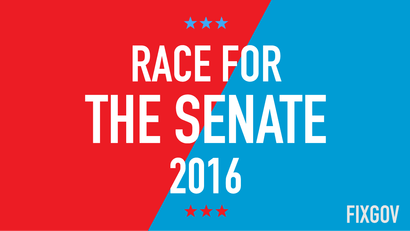
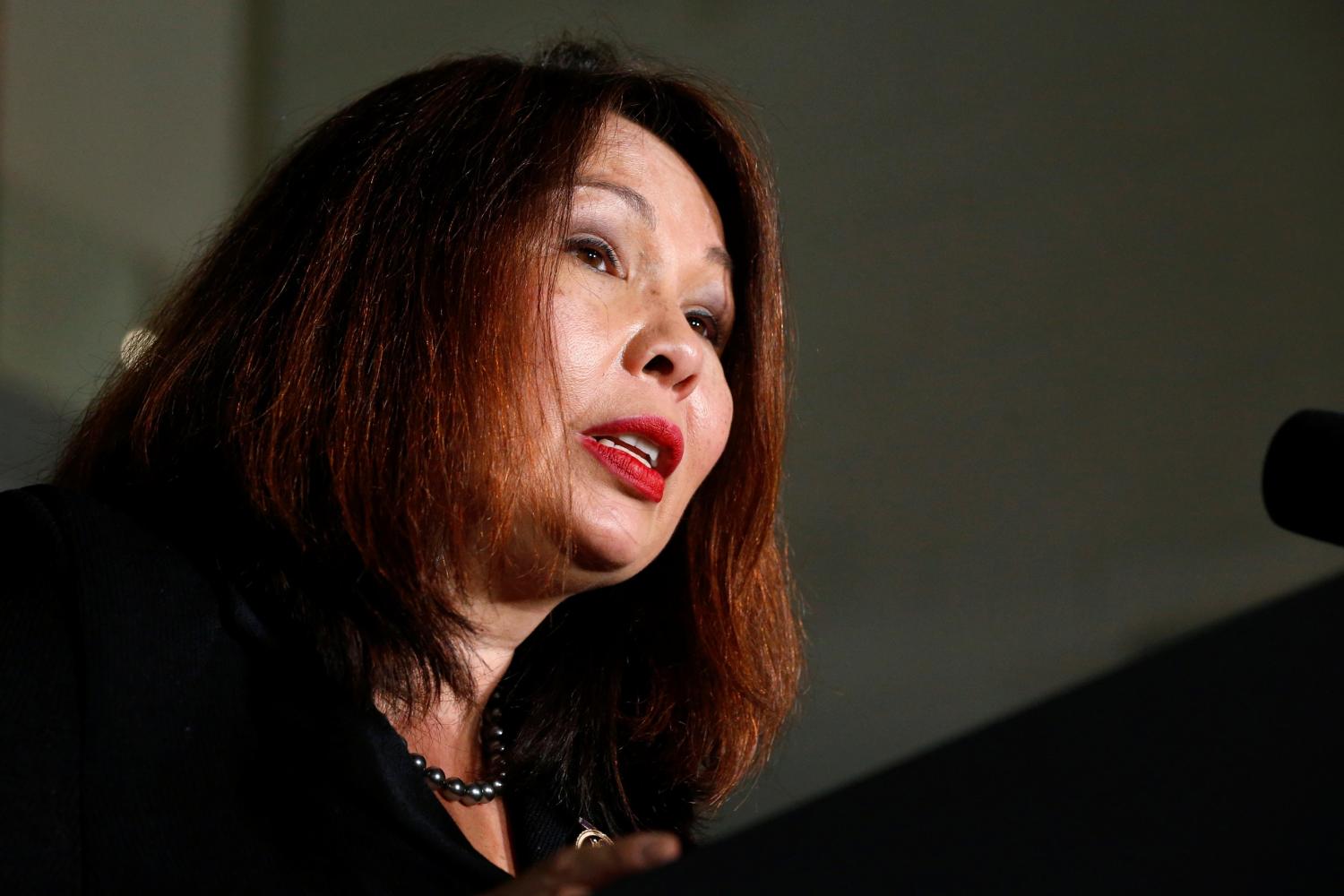
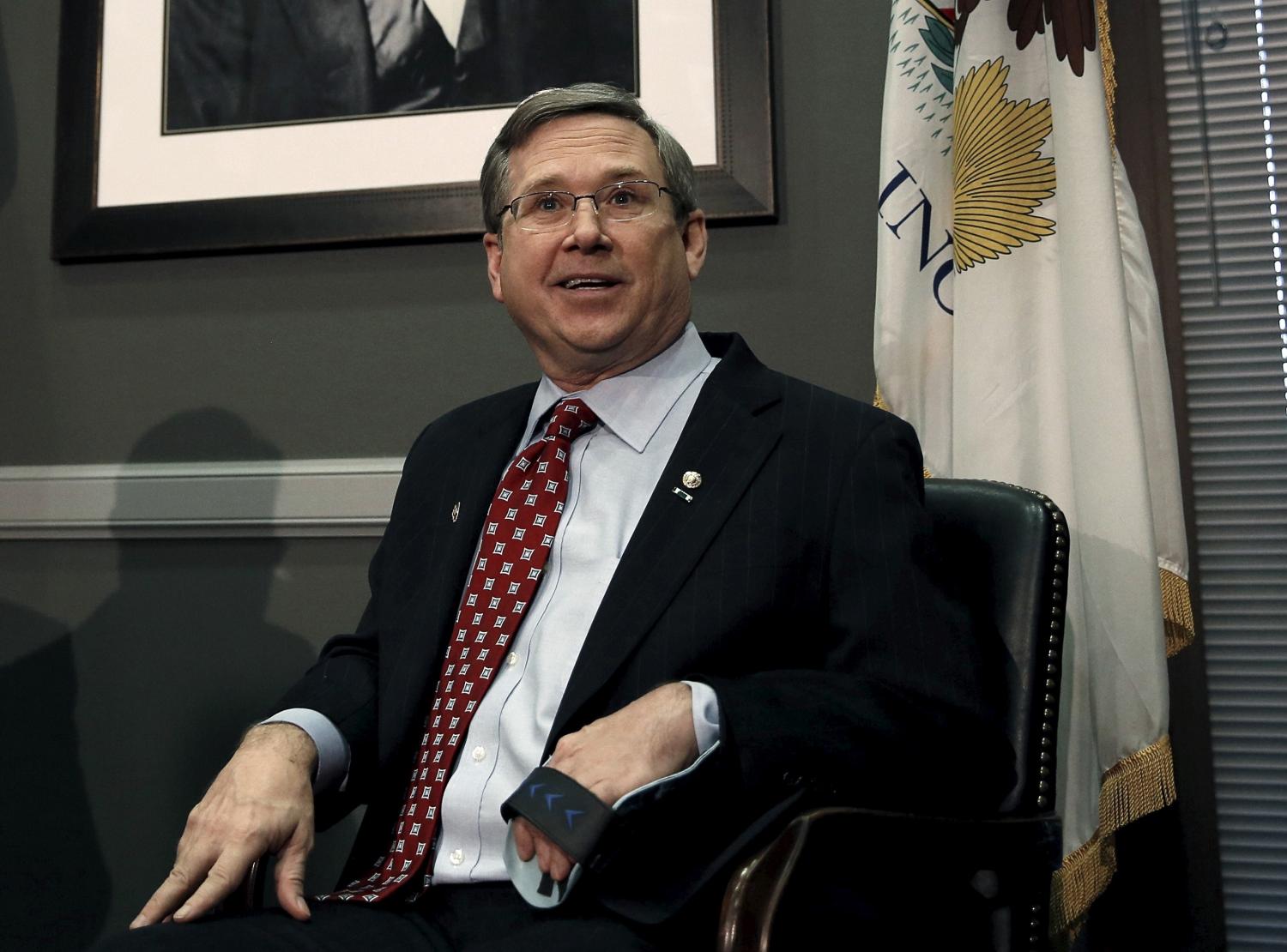
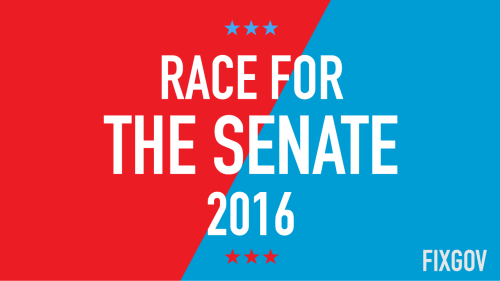
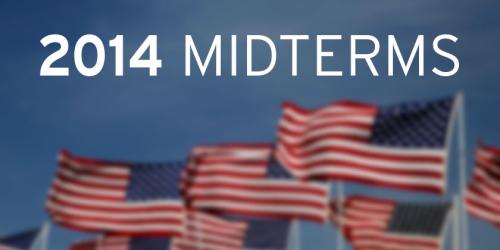

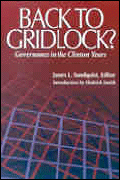




Commentary
Race for the Senate 2016: Key issues in Illinois
October 26, 2016